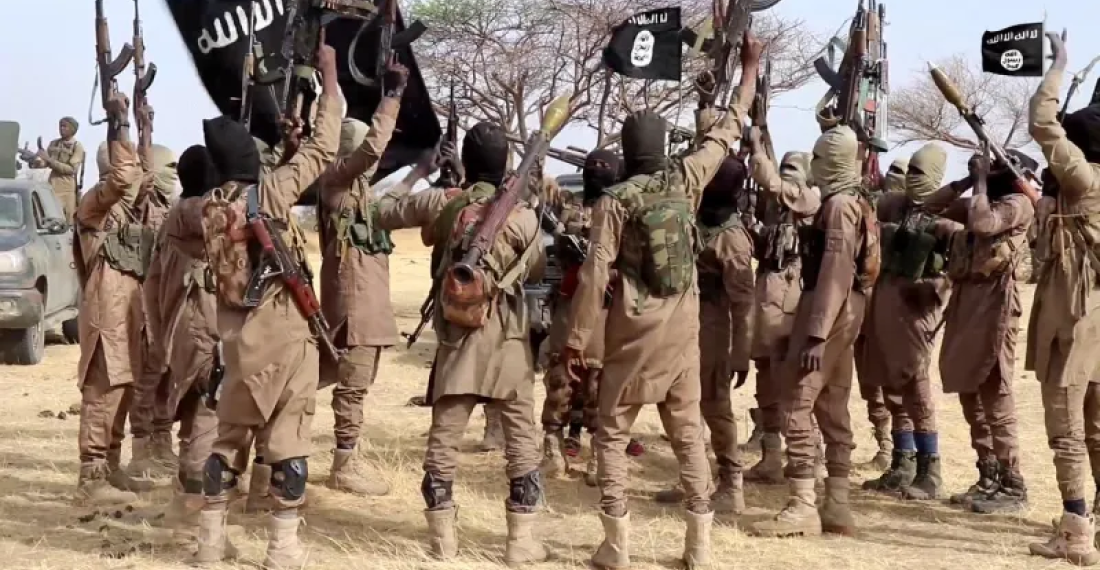A new UN expert report to the Security Council released Wednesday (30 July) highlights the escalating threat posed by Islamic State (ISIS) and al‑Qaida affiliates across Africa, with risks also rising in Syria. The report claims that Africa has now become the centre of extremist activity as groups exploit weakened governance and regional instability.
In West Africa, Jama’at Nasr al‑Islam wal Muslimin (JNIM) continues to expand its operations through Mali and Burkina Faso, while ISIS’s Sahel Province has entrenched itself along the Niger‑Nigeria border. JNIM now conducts complex drone and improvised explosive device (IED) attacks against military targets. In East Africa, al‑Shabab maintains control in parts of Somalia and reportedly deepens ties with Yemen’s Houthi rebels.
In Syria, the post‑Assad transition remains volatile. The report warns that both ISIS and al‑Qaida perceive Syria as a strategic base for international operations. Over 5,000 foreign fighters are believed to have participated in the December 2024 offensive in Damascus, raising fears of ideological spread and extremist infiltration across borders.
The report also notes the dangers of online radicalisation. Groups such as ISIS continue to radicalise individuals and orchestrate attacks in Europe, America and beyond via secure messaging networks.
Source: commonspace.eu with Africa News and other agencies.






